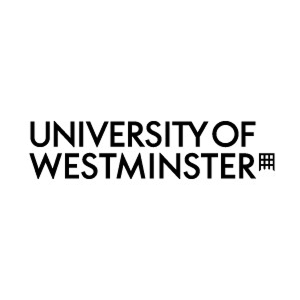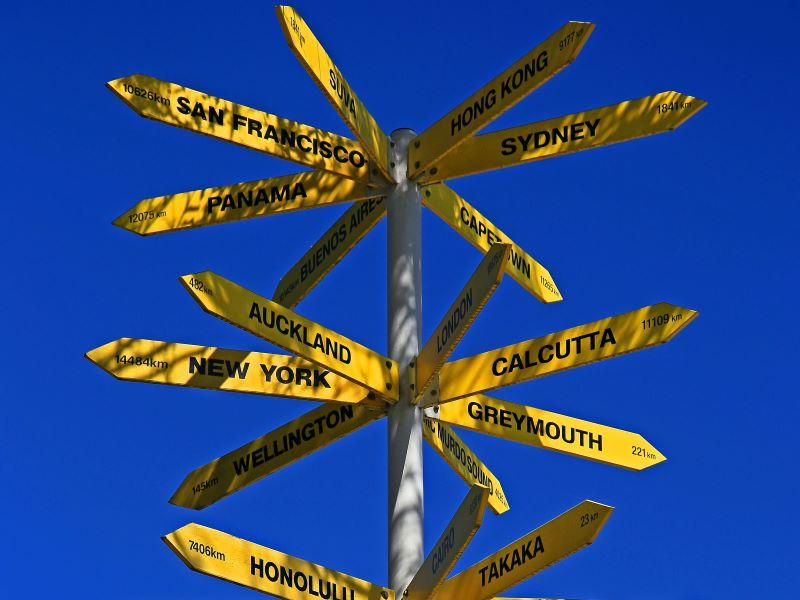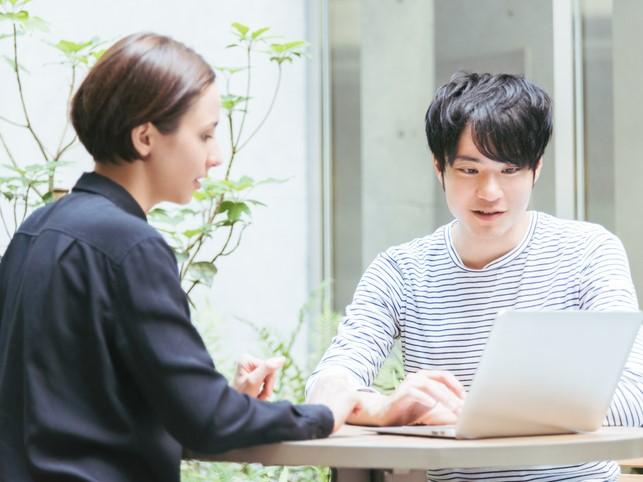
Study trips and experiential learning: from preparation to post-trip reflection
At the heart of our master’s course in international business and management are what we term the “six Cs”. We support our students in developing:
- cross-cultural competence
- collaboration
- communication
- critical thinking
- creativity
- compassion.
To foster the six Cs, we place emphasis on integrating students from diverse cultural and educational backgrounds and encourage them to develop these competencies through experiential learning. To achieve this, we organise international and domestic study trips. A key feature of these trips is linking a genuine business challenge with a specific module’s authentic assessment. The tasks require students to work within multicultural teams and apply their knowledge to real-world challenges.
I will use a field trip to Tashkent, in Uzbekistan, to illustrate how best to prepare and engage students with authentic business assignments overseas. The task was to answer the question: “What would be the predicted proportion of online and offline shopping, specifically in the grocery sector, in retailing businesses in Uzbekistan in five years, 10 years etc, based on the experience of developed countries such as the UK, the US and Japan?”
This is what we learned:
Promote the aims of the trip early
To support students in understanding the learning outcomes and objectives of the study trip, start your promotion as early as possible – ideally when students enrol on the course. Provide a briefing focusing on the aims and desired learning outcomes of the field trip, as well as outlining the nature of the business challenge they will be handling. It is worth familiarising students with travel procedures for the intended destination, so they know what to expect.
- How to make campuses and courses more compassionate
- Guiding learning by activating students’ inner feedback
- Creating equitable research partnerships across continents
Establish industry partners
Establish partnerships with local businesses or organisations that are willing to jointly set up authentic business challenges that students can work on in a professional consulting manner to enhance their learning. A partner university in situ is likely to have an extensive network of local business contacts.
With the support of our partner university, Westminster International University in Tashkent (WIUT), we were connected with an industry partner in a relevant sector.
The three main criteria for choosing a business partner were:
- The authentic business challenge should have impact on the local economic development.
- It should be a win-win situation for students and the partner organisation.
- The study trip should play a crucial role in enhancing transnational education and cooperation.
How to prepare for a study trip
- Team building: Guide students to self-select teams that are balanced in terms of numbers and nationalities. To support students in developing teamwork skills, assign pre-study trip activities. For example, we asked our student teams to find reports, journal articles and news about Uzbekistan’s economic and business environment in the relevant sectors, and to research the client company.
- Knowledge-input workshop: Organise a workshop or training sessions to help students develop the knowledge and skills they will need during the field trip. For our students, these skills included designing surveys, interviewing, analysing data and presenting. Ensure that any fieldwork or real-world challenge is related to the contents of your core module.
- Consultancy and research skills workshop: Invite industry professionals to deliver intensive skills workshops that equip students with relevant professional skills. In our case, an international business consultant was invited to train students in workplace skills, such as consultancy principles, consultancy style, professional behaviour and communication, and key tools for planning and executing a consultancy assignment.
‘Do’ phase
If you partner with a local institution ahead of a study trip, involve their staff and students in working with your students on the project, as we did with WIUT. Each team should be given significant free rein in how they direct their projects, such as choosing methods for collecting data. But make sure their lecturers or tutors are on hand to check their progress and provide guidance when needed.
It’s important to keep the focus and pace throughout the trip. Students’ progress was moderated and checked through daily briefings and summary meetings. Our students had two days for data collection, analysis and presentation preparation. On the fourth day, students presented their findings to a panel that included the CEO of the client company, WIUT lecturers and students.
Post-study-trip phase
Ask each team to produce a reflective diary, in which they consider and feed back on the study trip process, what went well, what they achieved and learned and how they could do it better next time. Students’ feedback and our own reflections on everything from preparation workshops to post-trip reflection helped refine the second study trip.
Four key pieces of advice for organising a successful study trip
Get management and administrative support
From planning, organising and coordinating to implementing the trip, seek support from other teams within the university, drawing on your institution’s expertise and resources. Find others to help with travel itineraries, transport and accommodation so you have the time to teach, liaise with partner companies and plan workshops and learning activities.
Engage and support students with targeted workshops
Workshops helped equip students with knowledge of the specific subject area, as well as hard and soft skills. Ask students to consider how to resolve practical difficulties they may come across in an unfamiliar country, such as language barriers and cultural differences. Lecturers met regularly with each team to monitor students’ progress throughout the project. This helped identify teams or students in need of support or a nudge.
Collaborate with a partner institution
The course team benefited from our partner institution when organising study trips to Tashkent. Through its contacts, we sourced the companies that participated. Our partner institution helped us find local students who volunteered to be interviewed, and who acted as interpreters when our students interviewed local people.
Build in a self-reflection activity
After the trip, as a round-up exercise, we asked students to apply Gibbs’ reflective cycle to think about what they had learned, and how to further their competencies and learn from intercultural dialogues, both in and out of the classroom. The study trip provided meaningful opportunities for students to develop their six Cs.
By arranging the field trip in the first semester of the course, we helped students build strong foundations in these six key competencies, as well as aiding strong course bonding. The success of the study trip reflects the collective efforts of a wide range of faculty at the University of Westminster and WIUT and the commitment and enthusiasm of a diverse group of students.
Rebecca Wang is principal lecturer in international business and management at Westminster Business School.
If you would like advice and insight from academics and university staff delivered direct to your inbox each week, sign up for the Campus newsletter.




